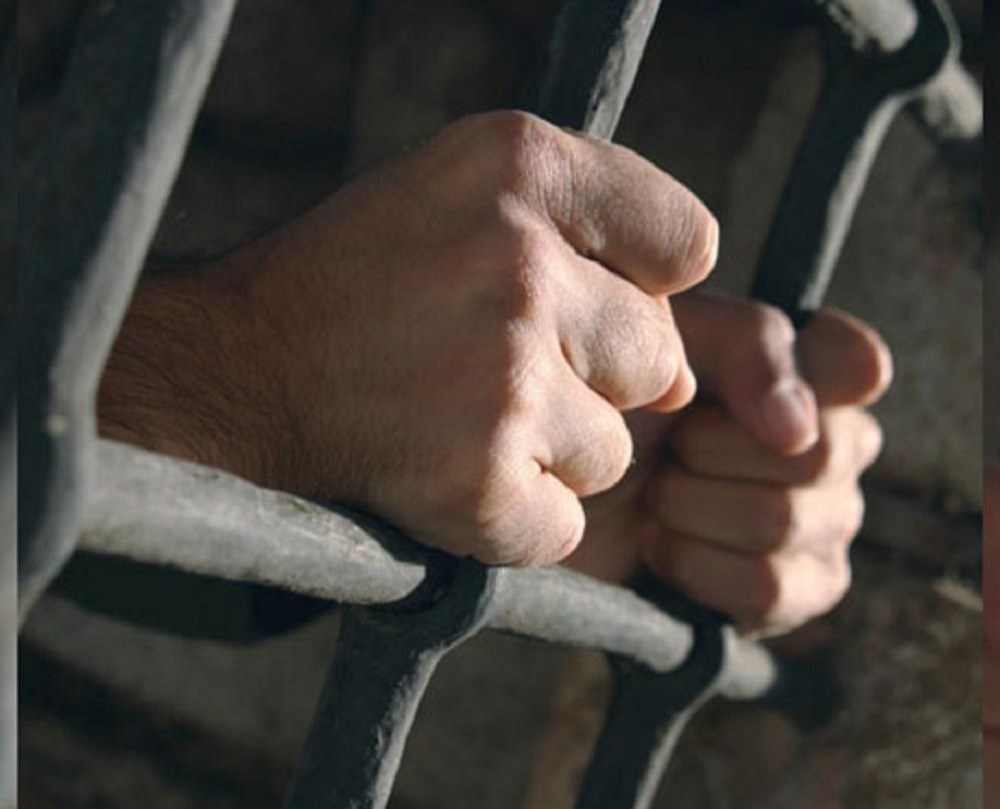
If the government passes a law requiring priests to inform the police or to testify in court about any serious matters they hear in confession, what will happen? Will priests comply?
This issue has suddenly leapt into the public arena with respect to the sexual abuse issue, so it is important to be acquainted with some facts.
First, the requirement that priests never divulge to anyone what they hear in confession is known as the seal of confession.
The Catechism of the Catholic Church says of it: “Given the delicacy and greatness of this ministry and the respect due to persons, the Church declares that every priest who hears confessions is bound under very severe penalties to keep absolute secrecy regarding the sins that his penitents have confessed to him. He can make no use of knowledge that confession gives him about penitents’ lives. This secret, which admits of no exceptions, is called the ‘sacramental seal’, because what the penitent has made known to the priest remains ‘sealed’ by the sacrament” (CCC 1467).
The Code of Canon Law is equally clear: “The sacramental seal is inviolable. Accordingly, it is absolutely wrong for a confessor in any way to betray the penitent, for any reason whatsoever, whether by word or in any other fashion” (Can. 983 §1).
The following Canon adds: “The confessor is wholly forbidden to use knowledge acquired in confession to the detriment of the penitent, even when all danger of disclosure is excluded” (Can. 984 §1).
What are the “severe penalties” for violating the seal? “A confessor who directly violates the sacramental seal, incurs a latae sententiae excommunication reserved to the Apostolic See; he who does so only indirectly is to be punished according to the gravity of the offence” (Can. 1388 §1).
A latae sententiae penalty is one which a person incurs by the mere fact of violating the law. It does not need to be declared by a bishop. So if a priest were to violate the seal, he would be automatically and immediately excommunicated, by the law itself.
The effect of excommunication is that the priest cannot celebrate Mass, celebrate or receive any sacrament, including the sacrament of Penance, or exercise his priestly ministry until such time as he repents and does what he can to make up for the offence (cf. Can. 1331 §1).
What is more, in this case the lifting of the excommunication and granting of absolution are reserved to the Holy See. Only a few extremely grave sins carry with them the penalty of excommunication reserved to the Holy See and this is one of them.
What do we make of this? That the Church regards the violation of the confessional seal as an extremely grave matter. All priests know this, and therefore they will not divulge to the police or say in court anything they have heard in the course of a confession. If they are put in jail for this, they will happily go to jail.
Why is it so serious? Because if the Church did not protect the confidentiality of what is said in confession, people would not trust their priests and they would not confess anything that might incriminate them.
Just as they trust their doctor, psychologist, lawyer or counsellor to respect their confidentiality, so all the more they trust their priest. People would stop going to confession if the seal were not respected.
Moreover, paedophiles and other people with serious problems would not go to confession for fear the confessor would take the matter to the police.
They would thereby deprive themselves of a very valuable aid in overcoming their sinful habit.
But if a paedophile confesses this most serious sin, shouldn’t the priest be able to take some action? Yes, and he will.
He will strongly urge the person to take action to address his problem: to seek professional help, to resign his position, to inform the relevant people and possibly even to give himself up to the police.
The confessor may also ask the penitent for permission to reveal to others – for example, the person’s superior, a counsellor, even the police – that he has this problem.
But without this permission the confessor cannot disclose anything he has heard.
And of course, if he sees that the paedophile is not sorry for what he has done and is not taking appropriate action to address his problem, the confessor can refuse to absolve him.
In short, the sacramental seal is extremely important for everyone, and the Church will never change its law or make exceptions to it. We can all breathe a sigh of relief.